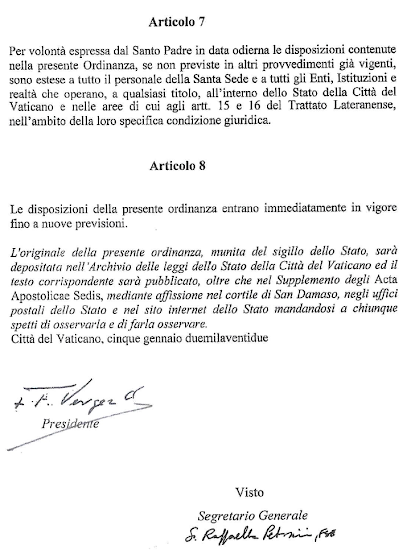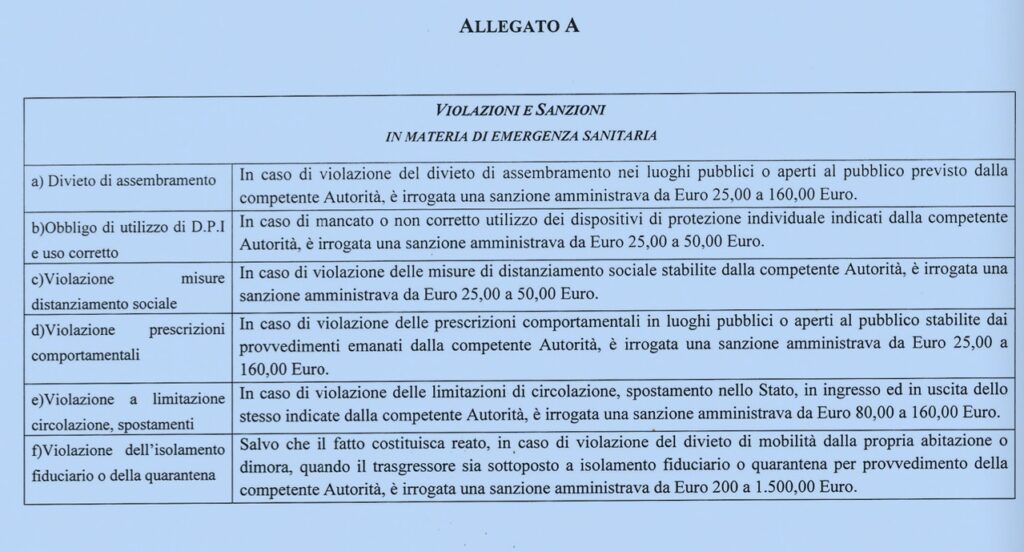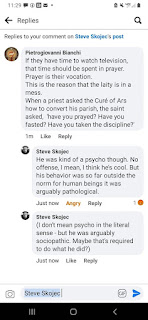Catholicism or Liberalism. The book with the pastoral letters and circulars of St. Bishop Ezequiel Moreno (1848–1906) helps to gain clarity.
Discussion by Wolfram Schrems *
As announced in the introduction to the biography of Ezequiel Moreno (1848–1906), here is a brief look at the strong and wise pastoral letters and circulars of the holy bishop, who was extremely popular among his diocesans. A selection of these letters was translated this year by Konstantin Stäbler and published by Books on Demand on July 16, that is, on the same day as the hateful motu proprio to destroy the Mass.
Bishop Moreno put it clearly, memorably and “crisply”. One reads the texts with great profit. They are suitable as spiritual readings as well as objects of theological and historical studies. As stated in the biography, Ezequiel was a man of pure intentions, a high level of education and exemplary fortitude.
Background: civil war and liberal uprisings
The translator explains the starting point for Bishop Moreno's work:
“While the situation in Ecuador remained relatively calm until the 1890s, even after the murder of the great Catholic statesman Gabriel García Moreno, the founder of the Conservative Party of Ecuador, armed conflicts and civil wars between the two sides smoldered in Colombia as early as the 1850s which culminated in the so-called Guerra de las Soberanías in 1860, when the Liberals successfully seized power under General Tomás Cipriano de Mosquera. Years of persecution of the Church followed ”(11).
Msgr. Moreno was appointed Vicar of Casanare in 1894 and Bishop of Pasto in 1895. His greatest concern was the eternal fate of souls, which is why he was also a “pastor” in the true sense of the word.
Pastoral letter in Casanare
In the present volume, a pastoral letter from May 1, 1894 from his time in Casanare is first printed:
The basic message is, according to the everlasting teaching of the Church, which was then adopted by Pope Pius XI in 1925. It should be confirmed that not only individuals but also peoples must submit to Christ (17).
The following passage will be particularly interesting for the present. It is well known that some super-rich men can be called “philanthropists”, ie “people friends” or “people loving” (or also “benefactors”, Lk 22.25). The holy bishop makes it clear that the Catholic missionaries are true friends of people and are willing to endure hardship and death for people:
"Those who call themselves friends of mankind, Phi ... lan ... thro..pen (cymbalum tinniens [" ringing bell ", based on the words of St. Paul in first letter to the Corinthians]) never thought of it, just one step, to do for the good of the savages, and it cannot be reported, according to a wise writer, that even one of them shed a drop of blood in Japan or China to bring them out of their barbarism. The Catholic Church, on the other hand, draws them to her heart; at the price of the toil, the sacrifice, and even the life of her missionaries, she tries to instill in them the faith, civilization and heaven itself. Oh! No denomination, no sect, no society does this, however philanthropic it may call itself ”(29).
First Pasto Epistle: Faith, Grace, Philosophy and Morality
As the newly appointed Bishop of Pasto, Fray Ezequiel impressed on his diocesans that "faith is necessary to obtain eternal salvation, for Jesus Christ made it clear that he who does not believe is condemned" (41).
The bishop notes the obvious, true faith drives out the dictatorship of demons:
Either Catholicism or Liberalism: The Book with Circular Letters [A quick search doesn’t offer an English translation]
“To understand some of the enlightenment that faith has given the human mind, one need only remember the times preceding the preaching of the gospel to see the monstrous errors it dispelled with its brilliant and beautiful light “(42).
The “monstrous errors” are precisely those pagan atrocities and pachamamas that were, as it were, revived by the “Amazon Synod”. As is well known, the council took place between the synod and the work of Bishop Moreno, which in Dignitatis humanae granted a certain legitimacy to the “monstrous errors” of human dignity.
The evaluation of the ancient philosophers and sages by the bishop is extremely interesting and astute. He traces the pagan debauchery, excesses and barbarism back to the false gods and notes the practical ineffectiveness of well-meaning and wise people:
“Before the gospel was preached, there were men who are still called wise men today; there were already men who are still called great philosophers today. Yet despite their wisdom, the world remained in the same darkness with regard to God and morality. She was still idolatrous and vicious, and sank deeper every day into the abyss of ignorance, superstition, immorality and barbarism. People, even the wisest, showed themselves incapable of illuminating the peoples and bringing them out of the darkness and humiliation in which they found themselves ”(44).
In doing so, he expresses what a secular historian has to state: Socrates, Plato and Aristotle were the greatest pioneers of philosophy, indeed the inventors of it, but they played practically no role in their own time. Only within the framework of the church did the best of Greek philosophy find its way into itself, so to speak, and could be made fruitful for the faith and actions of Christians.
In addition, true faith makes everyone a "philosopher" in a certain sense:
“With the teaching of the gospel, people came into possession of knowledge through faith that they could never have known of themselves, even if they had extraordinary talent and had all devoted themselves to study without doing anything else. And the most admirable part of it is that this lofty knowledge, this glorious science, this wisdom so far beyond that possessed by the few men who were called wise in ancient times, extended to all walks of life, even to them most unfortunate and humble, and the people were more enlightened by faith than the most distinguished pagan philosophers. That is why Minucius Felix exclaims: "It seems that all Christians were real philosophers, or that all philosophers had become Christians" "(46).
Using a rhetorical device, the bishop points out that the moral-forming power of the gospel has been recognized even by one of its most determined enemies, and quotes this:
“The divine book of the Gospel,” says one of them, “is the only thing necessary for a Christian, and it is the most useful even for those who are not Christians. One only has to ponder it in order to feel love in one's soul for one's author and awaken in her the desire to fulfill his commandments. Virtue has never been expressed in such a lovely and seductive language, nor has the deepest wisdom ever spoken with such admirable energy and simplicity ”” (48).
It is a quote from the Pensées by J. J. Rousseau (!).
After a statement on the positive power of the Catholic faith for welfare and solicitude and for the containment of barbarism, contempt for women and cruelty, Ezequiel Moreno turns to the enemies of the Church. These are "sons of the father of lies" and "messengers of the angel des non serviam". They boastfully propagate “progress, riches, good fortune and all conceivable goods”. But that never works in practice (57ff).
Lenten shepherd's letter 1897: Warning of secret societies and state interference
The destruction of morals is a conscious means which secret societies use to destroy the Catholic faith in the hearts of men and peoples (77). The bishop therefore warns against any “dialogue” with unbelievers and enemies of the Church. The state often interferes in church affairs and too many Catholics believe that they have to ingratiate themselves with the authorities, but no one can serve two masters, as Pope Pius IX in this context took note. (81).
Eucharist
The fifth pastoral letter is a call to atonement for a terrible desecration of the Blessed Sacrament by revolutionaries in Riobamba, Ecuador. There are beautiful reflections on the Eucharist and real presence in the sacrament of the altar. In the words of his religious father Augustine, he says that God could not have given more than Christ in the Eucharist (95ff).
The constant theme: liberalism as a gateway to arbitrariness, evil, anarchy, hostility to God
The circular that gives this volume the title: Catholicism or Liberalism (109) is particularly important. (It is also already printed in the biography.) This is a profound analysis of liberalism following Donoso Cortés and Pope Leo XIII. The bishop warns against any fraternization. The occasion is a treatise by the priest Baltasar Vélem, who calls for reconciliation with liberalism.
In the other pastoral letters, the bishop points out God's approach: If people sin despite the warnings, God leaves them and they have to live with the consequences. This is also relevant in times of the Corona dictatorship. Sin is then the humiliation of the sinner. At the political level, anarchism is the legitimate consequence of liberalism. The consequences are murder, robbery, arson, and disaster (174). Inner conformity with God also creates inner peace in situations of punishment (179).
Ezequiel is extremely critical of the sins of the press with their many lies and blasphemies, as well as the sins in the educational system, "which cry out to heaven because they turn against the children whom the divine Redeemer loves so much" (197).
If it is necessary to take up arms in defense of faith and the fatherland, one must do so; pacifism is inappropriate here (201).
The collective self-criticism expressed by the bishop, so to speak, is impressive and very worthy of heed for today:
"We are all more or less responsible for the evils we suffer as a nation, for we have all been more or less accomplices, if not the originators, of the sins that evoke the wrath of God" (203).
Résumé
The holy bishop often deals with the same topics, so some things are repeated: repetitio docet. The reader quickly gets used to the style of the bishop (which is of course somewhat foreign to us today) and likes to pick up the book. Whether layman, priest or bishop, everyone can find inspiration and stimulation in this publication. Thanks to the translator and editor for the excellent work. There are a few more prescriptions than in the biography, but they are not worth mentioning.
Our thanks go especially to the holy bishop, who offers his contemporaries and now us light and orientation.
Deo gratias.
Either Catholicism or liberalism, pastoral letters and circulars from Saint Ezequiel Moreno y Díaz, translated from Spanish by Konstantin Stäbler, production and publisher: BoD - Books on Demand, Norderstedt, 2021, 285 p., Distributed by Falkmedien.de, in Austria also Sarto.at.
* Wolfram Schrems, Mag. Theol., Mag. Phil., Catechist, Pro Lifer, heeded the advice of C. S. Lewis to consult literature from bygone eras in order to avoid the one-sidedness of the respective fashion.
AMDG















